10 Great Sci-Fi Books Like Severance
The second season of the surreal sci-fi psychodrama Severancewill soon draw to a close, likely leaving viewers with more questions than answers, and plenty of time to ponder them. After all, there was a three-year gap between the release of the first and second seasons, and although that was mostly caused by the 2023 WGA Strike, there's no news yet about a timeline for Severance getting a season 3.
In the meantime, those in the mood for stories about memory modification, ominous tech companies, and existential confusion brought on by considering what happens during the severance process will be well-suited by turning to some of these classic sci-fi books. From dystopic states controlling their populations with therapy to dystopic corporate wars where the very foundations of language and memory are used as weapons, they'll feel eerily familiar to anyone who's wondered just what Lumon Industries is up to.
10 Queen of Angels (1990)
By Greg Bear
Written on the eve of the modern Internet, sci-fi legend Greg Bear's Queen of Angels tells of the world in 2047, when nanotechnology has infiltrated every aspect of life to the point that peoples' bodies, minds, and very identities are as malleable as they are indexed by a surveillance state. Peoples' quality of life is contingent on how well they comply with the use of nanotechnology to make them into obedient and productive members of society.
Psychotherapy and memory are almost commodified in the world of Queen of Angels, where therapy is leveraged by the state in order to prevent social unrest or threats to the status quo – similarly to how the Lumon employees in Severed are kept isolated from the memories of their home lives while at work. Without such silly distractions as emotional ties or troublesome political thoughts, employees are free to become the perfect tools for states or corporations.
9 Use of Weapons (1990)
By Iain M. Banks
Scottish science-fiction author Iain M. Banks began publishing his Culture series in 1987 with the novel Consider Phlebas. Eventually encompassing nine novels and one short-story anthology, the Culture books are a space opera where the eponymous Culture, a massive pan-galactic post-scarcity utopia made up of various species and artificial intelligences, repeatedly comes into contact (and conflict) with smaller and less advanced civilizations throughout the galaxy. The actions of the Culture are guided by the Minds, extremely powerful and nominally benevolent AIs that make all the organizational decisions – some of which are as inscrutable as those made by Lumon Industries.

10 Best Books Like Foundation That Fans Will Enjoy
For those who enjoy the grand storytelling evident in the Apple TV+ series Foundation, there are also several books that hit the same notes.
Use of Weapons, the third Culture novel, recounts the work of Culture agent Cheradenine Zakalwe, who was recruited by the Culture to further their goals by intervening with lower-level civilizations. The novel's complicated structure, with two separate narratives moving in opposite directions in time, interspersed with multiple flashbacks, makes the tension build to an unsettling point as Zakalwe's past and present stories unfold, and the Culture's supposed benevolence is called into question, as is the nature of identity in a civilization with the Culture's level of technology and influence.
8 Snow Crash (1992)
By Neal Stephenson
Mike Godwin, the American attorney for whom the Internet adage Godwin's Law ("As an online discussion grows longer, the probability of a comparison involving Nazis or Hitler approaches one") was named, once described Neal Stephenson's Snow Crash as "the manic apotheosis of cyberpunk science fiction" (via Reason). That's an apt description, as the 1992 novel tackles a genuinely staggering number of concepts, such as linguistics, anthropology and archaeology, religion, cryptography, and the concept of memes, which at the time was merely an academic term and had no connection to the modern trend of image-based informational templates.
Snow Crash's world, set vaguely in the midst of a 21st-century cyberpunk dystopia writ large, feels far more unsettling and familiar now than when it was published back in the '90s. The conflicts between private corporate interests, religious fundamentalists, and nominal anarchists trying to survive in the gutter are an eerie mirror of what the world has become, made more so by the Metaverse, Stephenson's theorized immersive Internet that inspired Meta's own shallow attempt at a construct by the same name.
7 We Can Remember It For You Wholesale (1966)
By Philip K Dick
The short story that inspired 1990's Total Recall starring Arnold Schwarzenegger (and its 2012 remake) is far less action-packed than its cinematic descendants, but "We Can Remember It For You Wholesale" will feel as familiar as an implanted memory for Severance fans. Protagonist Douglas Quail thinks his life is menial and boring, and so goes to get memories implanted that will let him fondly recall taking a vacation to Mars, but getting those memories implanted backfires when they reveal that Quail's been hiding a secret double life from himself – and he just so happens to be a government assassin.
The memory modification company in the story, Rekal Incorporated, is portrayed as just another service provider among many in Dick's vaguely dystopian world. While there's little in the short story to tie it to any of Dick's other work, Rekal has an ominously helpful sense of branding that resembles the Rosen Association from Do Androids Dream Of Electric Sheep? – better known by the name used in the Blade Runner films, the Tyrell Corporation – as well as Severance's Lumon.
6 Authority (2014)
By Jeff VanderMeer
The second in Jeff VanderMeer's Southern Reach series, Authority tells a very different kind of story from its prequel, Annihilation. That book, which was only loosely adapted into the 2018 film Annihilation, was a record of the twelfth expedition into the strange place called Area X, an area of coastal land that has been quarantined from the outside world for decades because of the bizarre phenomena lurking there. It has a dissociative feeling to the narration, which is framed as the field journal of one of the expedition members.
Authority is wildly different, both in style and scope, as it is much more traditionally narrated, and introduces us to the Southern Reach, the government agency that manages Area X. The central character, Control, is a member of the agency newly promoted to the directorship, and must deal with the fallout from the expedition in Annihilation. The bizarre events emanating from Area X, along with the cryptic and malevolent behavior of the Southern Reach organization and its parent government entity, Central, feels almost like George Orwell's 1984 by way of a Dalí painting.
5 Johnny Mnemonic (1981)
By William Gibson
William Gibson, one of the fathers of the entire genre of cyberpunk, first got "Johnny Mnemonic" published in the May 1981 issue of Omni magazine. "Johnny Mnemonic" actually predates Gibson even coining the word "cyberspace," which he wouldn't use until the story "Burning Chrome," which was also published in Omni in July of '82; it serves as a piece of backstory for Molly Millions, a central character in Gibson's landmark debut novel, 1984's Neuromancer.
"Johnny Mnemonic" was expanded significantly when it was adapted into the 1995 major motion picture Johnny Mnemonic, starring Keanu Reeves, Dolph Lundgren, and Ice-T.
"Johnny Mnemonic," with its title character and his work as a data smuggler, fits right in with Severance and its themes of intentionally partitioned memory. Johnny literally sells a portion of his mental capacity in order to use it to smuggle information securely; Mark and the other severed Lumon employees also have no access to their professional knowledge when at work.
4 Perdido Street Station (2000)
China Miéville
Perdido Street Station is the first book in China Miéville's "weird fiction" books set in the world of Bas-Lag, a place with a strange mix of sorcery and capitalist industry, where magic and steampunk technologies combine. The story follows a scientist, Isaac, and his accidental involvement with an epidemic of slakemoths, strange insects that hypnotize people and then devour their minds, leaving them in a catatonic state.
The world of Bas-Lag and its strange inhabitants may seem a far cry from Severance's more stoic cast, but the constant twists of intrigue as the situations escalate into chaos in both are central to their vibe. So too is Perdido Street Station's existential nature, which can be seen in how characters like Isaac, his insectoid girlfriend Lin, or his patron, the bird-like Yagharek, all grapple with the nature of their identity and memory – some more literally than others.
3 Oryx and Crake (2003)
Margaret Atwood
While Margaret Atwood's best known work is her seminal dystopian novel The Handmaid's Tale, published in 1985, she has continued to write speculative fiction of stunning quality ever since. Oryx and Crake is just such a book, a chilling story of genetic experimentation, corporate largesse, and dangerous scientific ambition that sees the entire human race wiped out by a pandemic – the kind of story that has a much more haunting feeling now than it did when it was written.
Oryx and Crake is a story about how identity is a relative concept, and how that relativity makes it more fundamentally unreliable. Throughout the book, Crake and Jimmy's friendship becomes an increasingly complicated web of lies and half-truths, to the point that their final confrontation happens in a way neither could have imagined, because neither really knew what the other was capable of; in their own way, Crake and Jimmy had their own inner and outer selves, and in recognizing that divide, their eventual conflict was doomed from the beginning.
2 Mickey7 (2022)
By Edward Ashton
Edward Ashton's Mickey7 is a horrifying sci-fi dystopia, based on an idea he had about what he called "a sort of crappy immortality" (via Space.com). The titular Mickey is an "expendable," an indentured worker helping to colonize the dangerous ice planet of Niflheim. Every time Mickey dies while working, he is replaced by a not-entirely-perfect clone of himself; one particular accident results in a pair of Mickeys existing simultaneously, much to the distress of everyone involved.
Mickey7 was recently adapted for the big screen by Korean directorial superstar Bong Joon-ho as Mickey 17, starring Robert Pattinson as the Mickeys, which premieres in US theaters on March 7.
As the Mickeys come into existence, each successive clone has fewer of the memories of the original, like a photocopy of a photocopy. It's like an inverse of the Ship of Theseus; how many clones will it take before Mickey no longer remembers being Mickey? Much like Severance's concerns about the linking of memory and identity, Mickey7 suggests that a change to our memories is a fundamental change to who we are as people.
1 The Hitchhiker’s Guide to the Galaxy (1979)
By Douglas Adams
There are few books that leave the reader wondering how far down the dregs of bureaucracy go, in the same way as any of the works of Douglas Adams, and the greatest of these remains the original The Hitchhiker's Guide to the Galaxy. The unfortunate Arthur Dent, one of history's greatest reluctant protagonists, finds himself the ultimate fish out of water when he winds up being one of the only survivors of Earth's destruction, like a rounding error left over after a particularly explosive bit of long division.

The Hitchhiker's Guide To The Galaxy: 10 Ways The 2005 Movie Was Different To The Book
The Hitchhiker's Guide to the Galaxy was adapted into a movie in 2005. Here are 10 ways it was different from the book.
Adams, with his typical drollery, paints the picture of a galactic bureaucracy gone perfectly wrong, one where money-grubbing corporations create horrible facsimiles of personalities that are deemed too evil to exist (but escape, land on Earth, and wind up getting elected President of the United States), or where petty bureaucrats have no qualms demolishing entire planets in order to make way for the intergalactic equivalent of an interstate bypass. Where Severance implies that beneath the secrets and conspiracies, some form of malice hides, The Hitchhiker's Guide imagines something worse: incompetence.
Source: Reason, Space.com
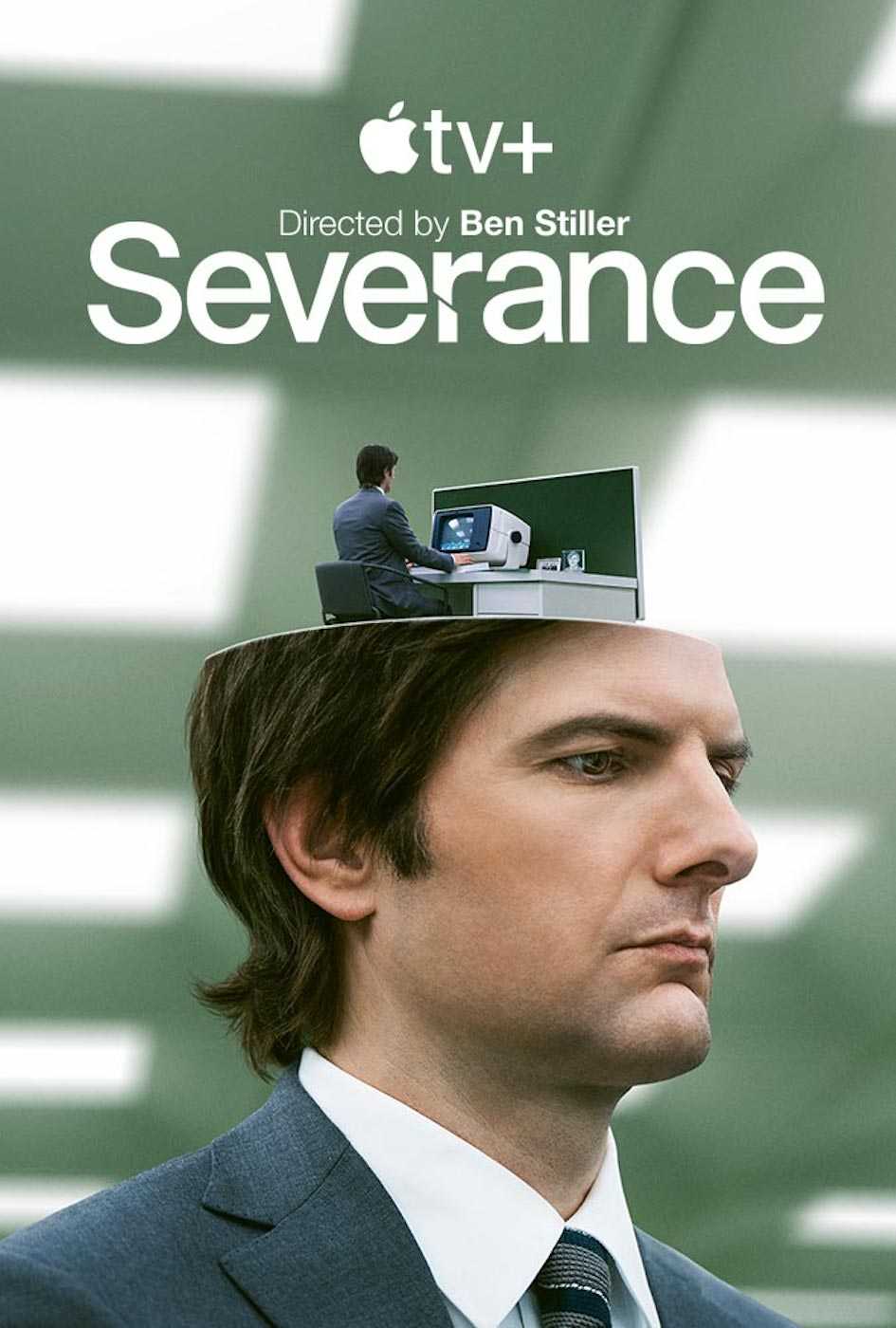
Severance
- Release Date
- February 18, 2022
- Showrunner
- Dan Erickson, Mark Friedman
- Directors
- Ben Stiller
- Writers
- Dan Erickson
Cast
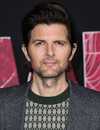 Mark Scout
Mark Scout Helly Riggs
Helly Riggs
Severance is a psychological thriller series featuring Adam Scott as Mark Scout, an employee at Lumon Industries who undergoes a "severance" procedure to separate his work and personal memories. However, as work and life personas mysteriously begin to collide, it quickly becomes clear that not all is as it seems. Created by Dan Erickson and directed by Ben Stiller and Aoife McArdle.
- Main Genre
- Drama
- Seasons
- 2
- Story By
- dan erickson

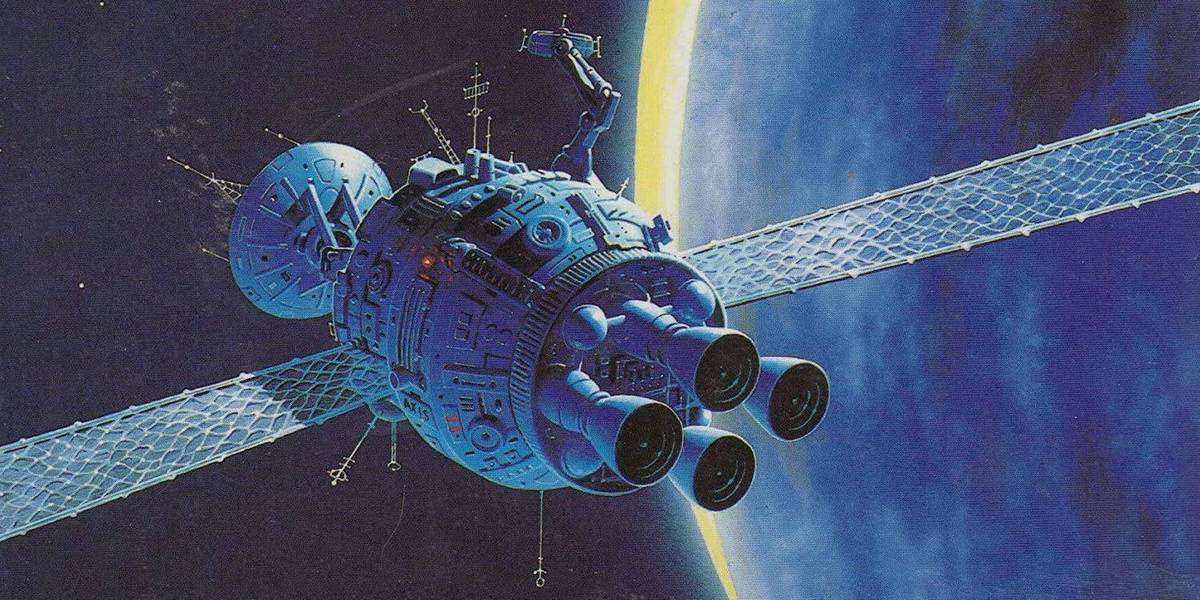













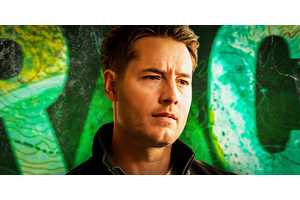


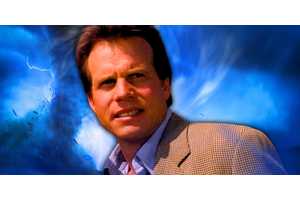

Your comment has not been saved